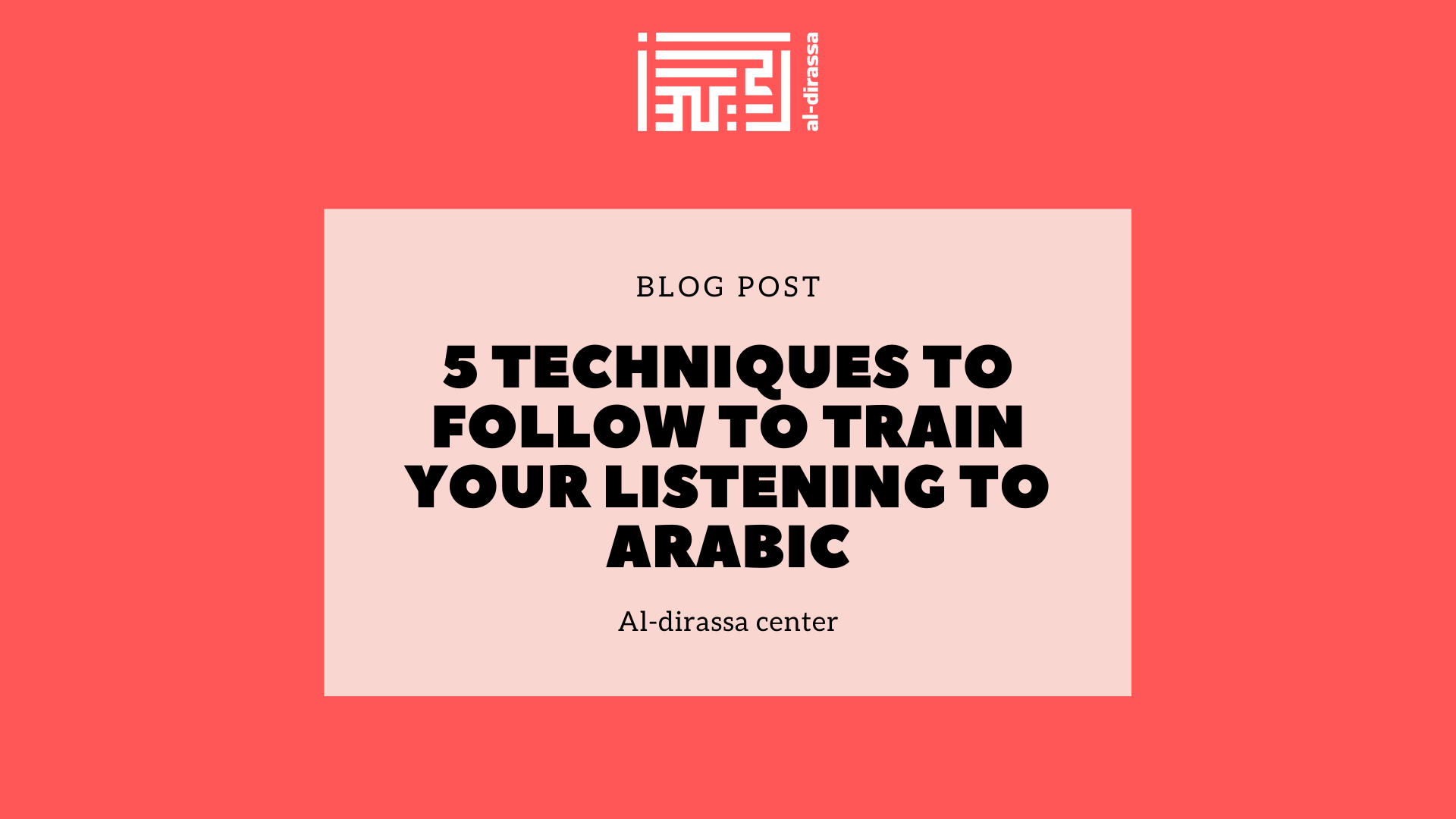
Learning a language is an intricate dance between reading, writing, speaking, and listening. When it comes to Arabic, a language known for its rich history, unique phonetics, and intricate grammar, honing each of these skills is crucial. Yet, among these, one that often poses significant challenges but promises immense rewards is the art of listening.
Indeed, enhancing your listening skills will not only assist in broadening your vocabulary range but will also significantly refine your pronunciation. So, how can you improve this essential skill set? Here are five effective techniques:
Radio has always been a powerful medium for language immersion. Given the diverse range of topics, the natural flow of conversation, and the authentic linguistic environment it offers, tuning in to Arabic radio can be transformative for learners.
Tips for Effective Radio Listening:
Visual aids can be an invaluable tool when learning a language. By watching Arabic series, you not only train your ears but also attach visual contexts to the auditory information, reinforcing memory retention.
Enhance Your Streaming Experience:
There’s much more to a language than words and sentences – there’s tone, inflection, and facial expressions. Sitting in front of a mirror and mimicking spoken Arabic allows you to self-correct pronunciation errors while noting facial movements unique to certain sounds.
Steps to Employ the Mirror Technique:
Audiobooks offer the advantage of structured, clear, and often deliberate spoken content. Ideal for intermediate learners, they can help bridge the gap between basic understanding and fluency.
Making the Most of Audiobooks:
In our digital age, the world is more connected than ever. Platforms like Skype, Zoom, and social media sites, including Facebook, offer incredible opportunities to interact with native Arabic speakers.
Ways to Connect and Learn:
Improving your Arabic listening skills isn’t just about passive intake; it’s about active engagement, regular practice, and deliberate efforts. Remember, language learning is a journey. Celebrate the small victories, learn from the challenges, and always keep the end goal – fluent comprehension and communication – in sight.
Further Reading: Dive deep into the intricacies of Arabic grammar, explore the beauty of Arabic literature, or get insights into colloquial expressions by exploring our other articles on mastering the Arabic language.
The Al-Dirassa Institute provides a range of online courses in Arabic, Quran, and Islam tailored for non-Arabic speakers. To enroll in our courses or learn more, please don’t hesitate to get in touch with us today.
Discover the experiences of our delighted clients who have thoroughly enjoyed utilizing this standout feature.
Alhamdulillah I‘m very pleased with the arabic and Qur’an lessons I receive from teacher Umm Tasneem and I‘m also content with the al-dirassa administration team who were very quick in answering any questions I had. In a month I progressed a lot and I cannot wait to continue my studies with al-dirassa. May Allah reward everyone at al-dirassa.
Verified review - view original
My Qur’an teacher is fantastic, she teaches me in a loving and kind way where I look forward to the lessons and learn so much. My Arabic teacher is equally as nice and has a lot of patience with me, she has great expertise in the field and I’ve progressed really quickly with her. Thank you Al-dirassa!
Verified review - view original
Don’t want to go through the translation anymore?
30 free minutes with your qualified Egyptian teacher.

Al-dirassa Institute offers you a gift to help you begin your journey to being fluent in Arabic and learning the Quran.

Al-dirassa Institute offers you a gift to help you begin your journey to being fluent in Arabic and learning the Quran.